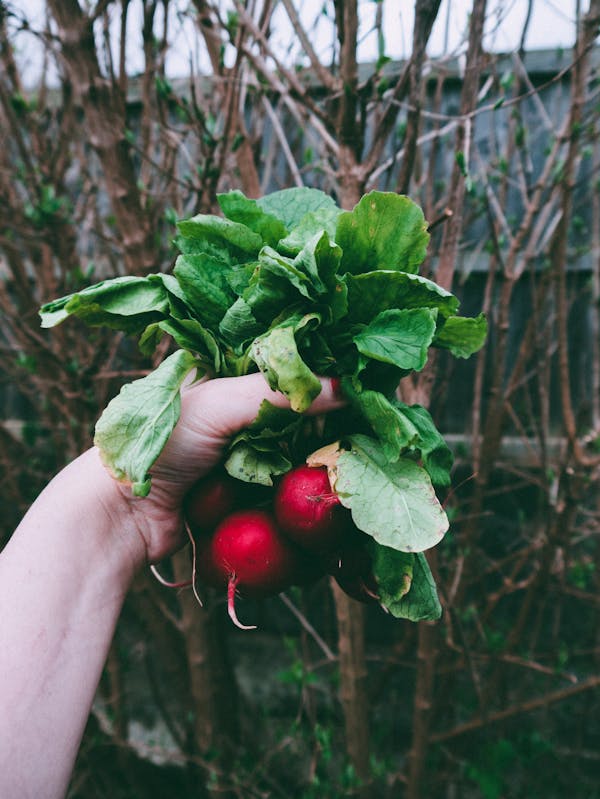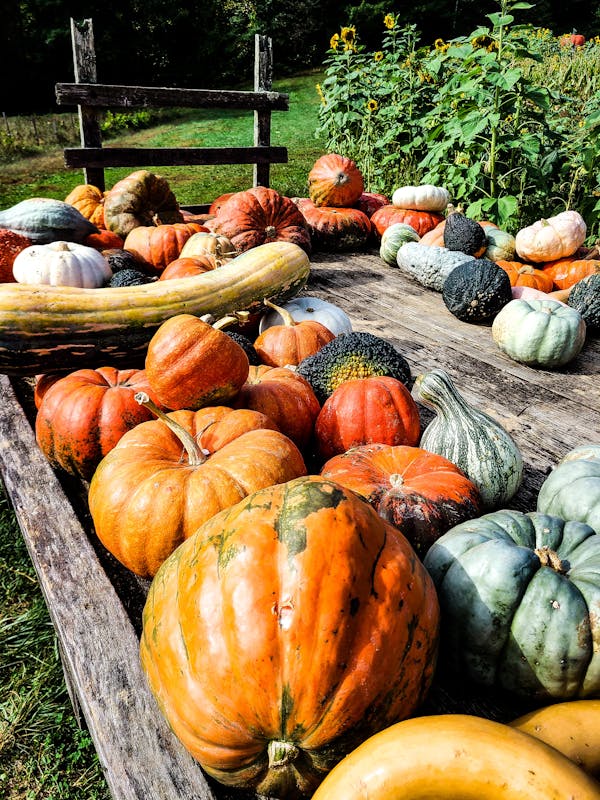
Benefits of Mixed Crop Farming

Mixed crop farming, also known as polyculture, is a farming technique that involves growing different types of crops simultaneously in the same field. This method of farming has been practiced for centuries and has numerous benefits that make it a sustainable and efficient way of producing food. In this article, I discuss seven benefits of mixed crop farming that every agricultural enthusiast should be aware of. I don’t claim to be an expert about the subject matter, but I give some detailed information according to the current literature.
Promotes biodiversity in agriculture.
First and foremost, mixed crop farming promotes biodiversity in agriculture. By growing a variety of crops in the same field, farmers can ensure that different species of plants and animals have a habitat to thrive in. This helps to maintain a balanced ecosystem and reduces the risk of pests and diseases spreading rapidly through monoculture crops.
Improve soil health and fertility

Mixed crop farming helps to improve soil health and fertility. Different types of crops have different nutrient requirements, and by growing a variety of crops in rotation, farmers can replenish the soil with essential nutrients and prevent soil degradation. This results in healthier crops and higher yields in the long run. In fact, mixed crop farming can facilitate more income to farmers and thus improve their living standard.
Reduce the reliance on synthetic fertilizers and pesticides

Furthermore, mixed crop farming can help to reduce the reliance on synthetic fertilizers and pesticides. By diversifying crops, farmers can naturally control pests and diseases without the need for harmful chemicals. This not only saves money on inputs but also reduces the environmental impact of farming practices. This enables even farmers with little capital to facilitate cultivation of their farms as it does not require lots of income.
Enhance food security and resilience to climate change
Furthermore, mixed crop farming can enhance food security and resilience to climate change. Growing a variety of crops ensures that farmers have a diverse range of foods to eat and sell, reducing the risk of crop failure due to changes in weather patterns. This makes farming more sustainable and less vulnerable to climate-related disasters.
Improve the nutrition and health of communities
Moreover, mixed crop farming can improve the nutrition and health of communities. By growing a variety of crops with different nutrients, farmers can ensure that people have access to a balanced diet rich in vitamins and minerals. This can help to combat malnutrition and improve the overall well-being of populations. In addition to variety of food crops, farmers can also have more income thanks to the variety of harvested food crops which could be sold to address financial issues.
Opportunities for income generation and sustainable livelihoods
Additionally, mixed crop farming can create opportunities for income generation and sustainable livelihoods. By diversifying crops, farmers can tap into different markets and explore new avenues for selling their produce. This can help to increase profits and improve the economic stability of farming communities. It is thus an important opportunity for the rural people in Africa; most of them depend on agriculture for all their life.
Help to preserve traditional farming practices and cultural heritage.
mixed crop farming can help to preserve traditional farming practices and cultural heritage. Many indigenous communities have been practicing mixed crop farming for generations, and by promoting this method of farming, we can help to preserve their knowledge and traditions for future generations. This can help to maintain the cultural identity and heritage of farming communities.
Conclusion on Mixed crop farming
Mixed crop farming offers a multitude of benefits that can transform agriculture into a more sustainable and efficient enterprise. By promoting biodiversity, improving soil health, reducing reliance on chemicals, enhancing food security, improving nutrition, creating income opportunities, and preserving cultural heritage, mixed crop farming has the potential to revolutionize the way we produce food and sustainably feed the growing global population. It is imperative that we promote and support this method of farming to ensure a more resilient and sustainable future for agriculture.
Frequently Asked Questions
- What mixed crop and livestock mixed farming is possible?
- What are disadvantages of mixed crop farming?
- Where can one find mixed crop farming training today?









Leave a Reply